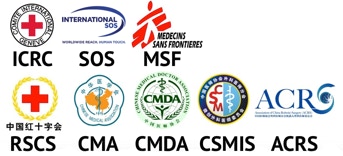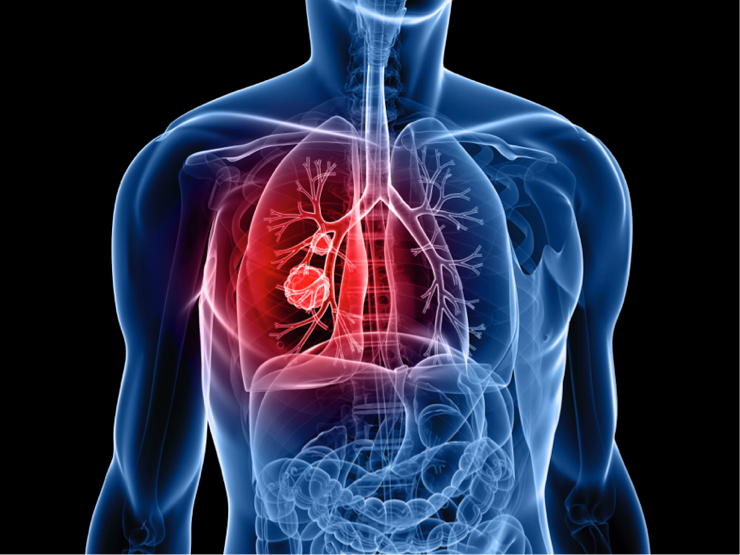

Conditions
Drugs
Insurances
TCM
Research
About Us
What is lung cancer?
Lung cancer starts when abnormal cells grow out of control in the lung. They can invade nearby tissues and form tumors. Lung cancer can start anywhere in the lungs and affect any part of the respiratory system . The cancer cells can spread, or metastasize, to the lymph nodes and other parts of the body.
Lung cancers are divided into small cell lung cancers (SCLC) and non-small cell lung cancers (NSCLC). Small cell lung cancers usually grow more quickly and are more likely to spread than non-small cell lung cancer.
Lung cancer is the leading cause of cancer deaths in the world.
What causes lung cancer?
Most lung cancer is caused by smoking. But sometimes lung cancer develops in people who have never smoked.
Being exposed to secondhand smoke, arsenic, asbestos, radioactive dust, or radon can increase your chances of getting lung cancer. People who are exposed to radiation at work or elsewhere have a higher chance of getting lung cancer.
What are the symptoms?
The first signs of lung cancer may include:
• Coughing.
• Wheezing.
• Feeling short of breath.
• Chest pain.
• Having blood in any mucus that you cough up.
Because these symptoms are so general, many people don't suspect lung cancer. And by the time they see a doctor, often the cancer has already started to spread.
If the cancer spreads within and beyond the chest, other symptoms may occur.
How is lung cancer diagnosed?
Your symptoms and your medical history-especially if you have any history of cancer in your family-will help your doctor decide how likely it is that you have lung cancer and whether you need tests to be sure. Lung cancer is usually first found on a chest X-ray or a CT scan. More tests are done to find out what kind of cancer cells you have and whether they have spread beyond your lung. These tests help your doctor and you find out what stage the cancer is in. The stage is a rating to measure how big the cancer is and how far it has spread.
How is it treated?
Treatment for lung cancer may include surgery, chemotherapy, radiation, or a combination of these therapies. Targeted therapy and laser therapy may also be used. Few lung cancers are found in the early stages when treatment is most effective. When lung cancer is found before it has spread outside the lungs, about half of these people will live at least 5 more years.2 After lung cancer has spread outside the lungs, how long a person lives usually depends on how far the cancer has spread (the stage) by the time it is found.
Finding out that you have cancer can change your life. You may feel like your world has turned upside down and you have lost all control. Talking with family, friends, or a counselor can really help. Ask your doctor about support groups. Or call the American Cancer Society (1-800-227-2345) or visit its website at www.cancer.org.
Can you prevent lung cancer?
Lung cancer that is caused by smoking can be prevented. So it is important to stop smoking-or to stop being around someone else's smoke. Even if you have smoked a long time, quitting can lower your chances of getting cancer. If you already have lung cancer, quitting makes your treatment work better and can help you live longer.















